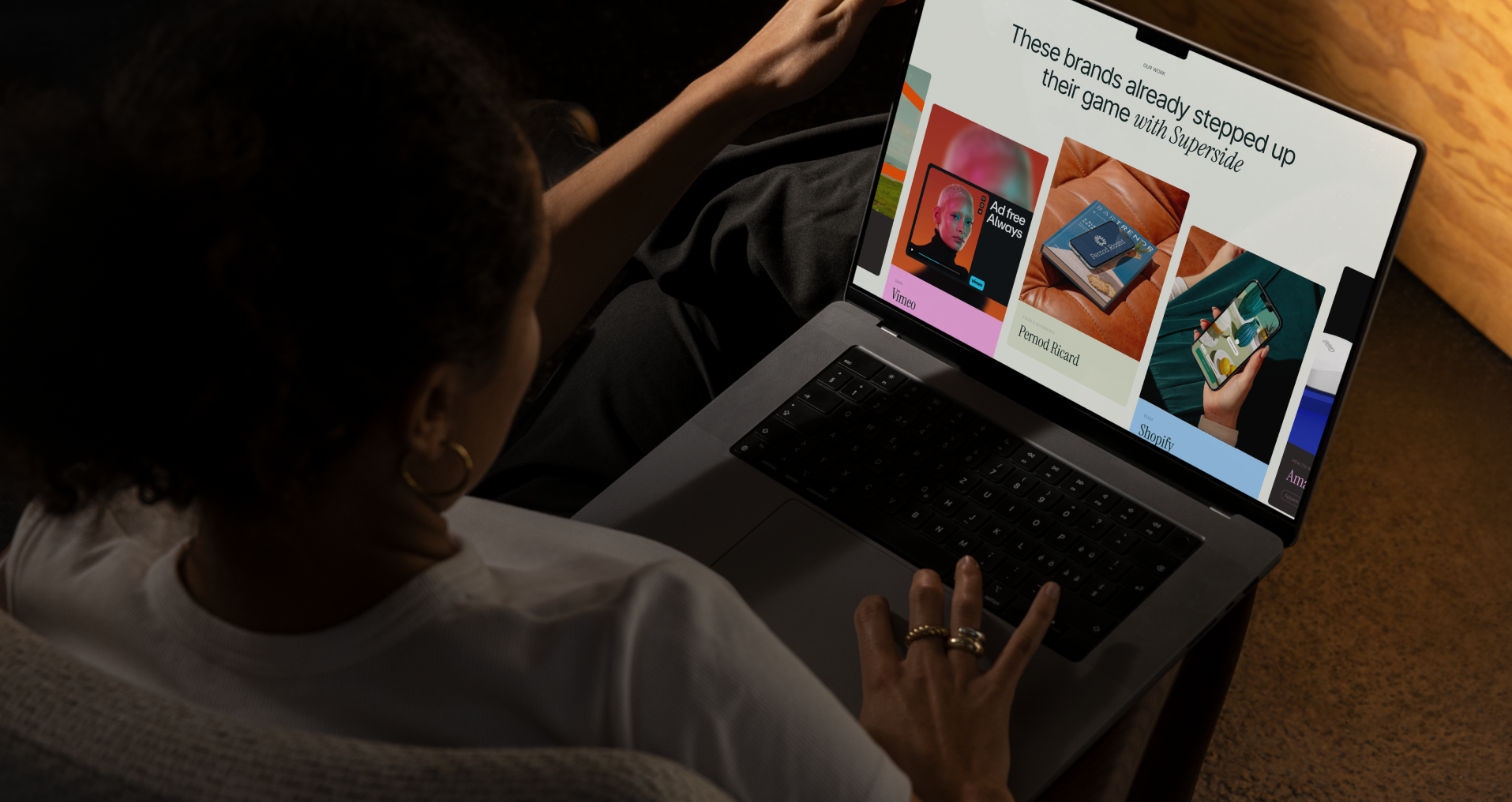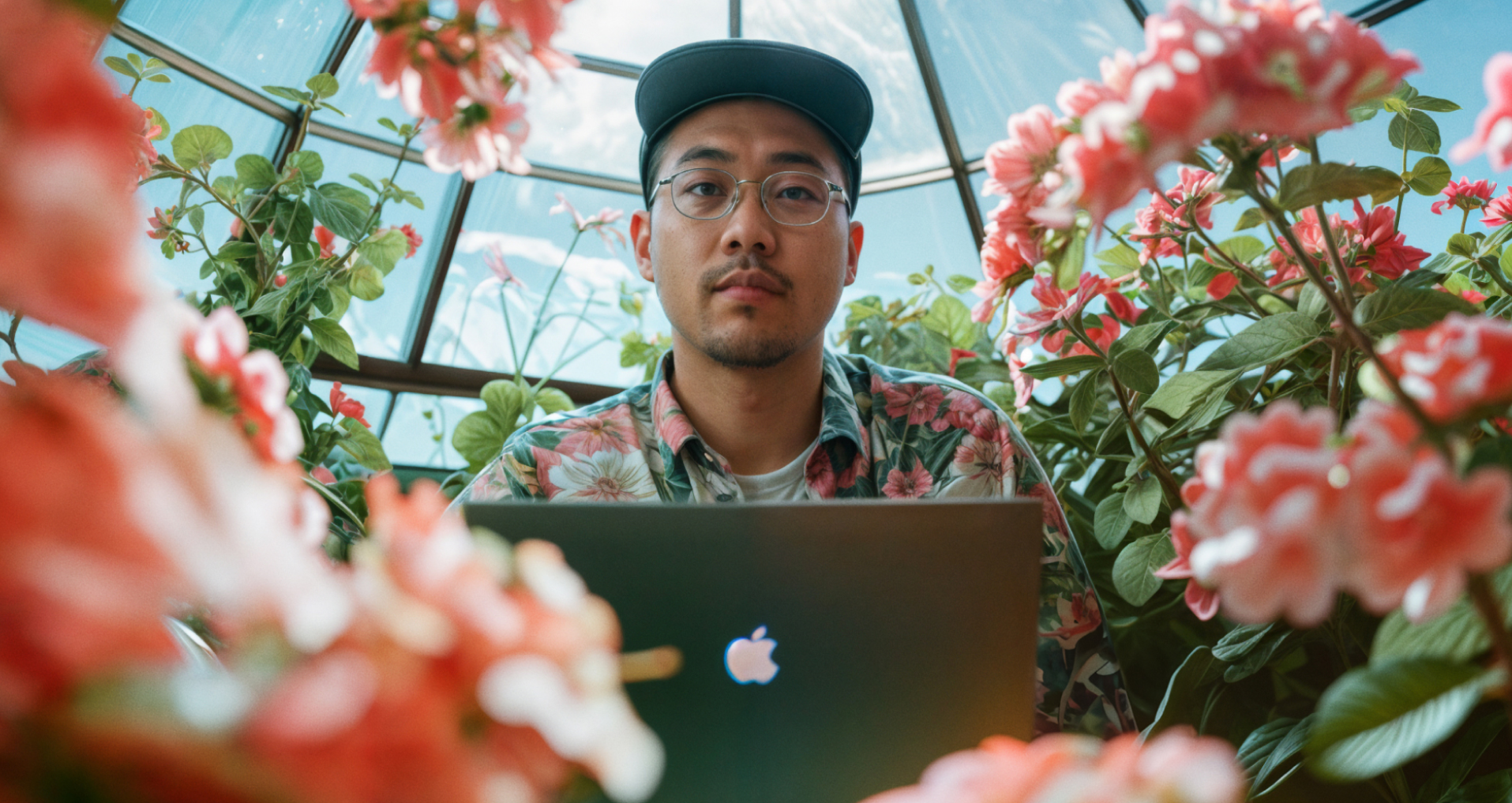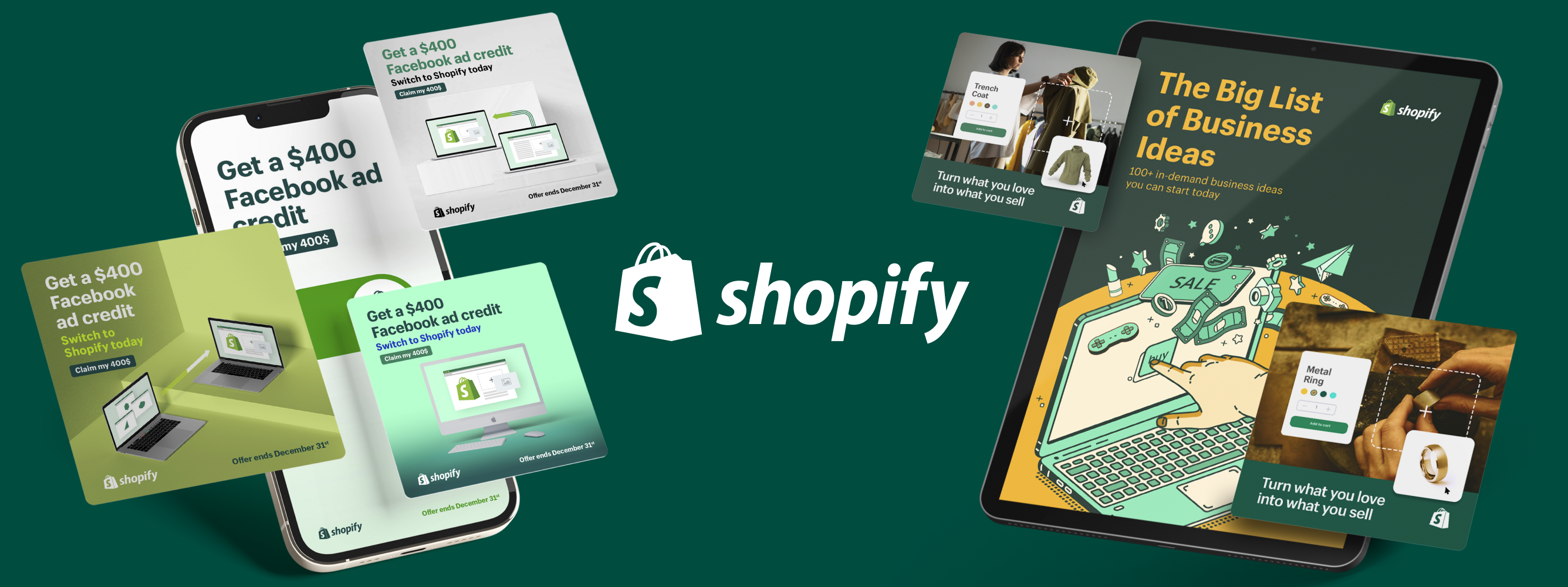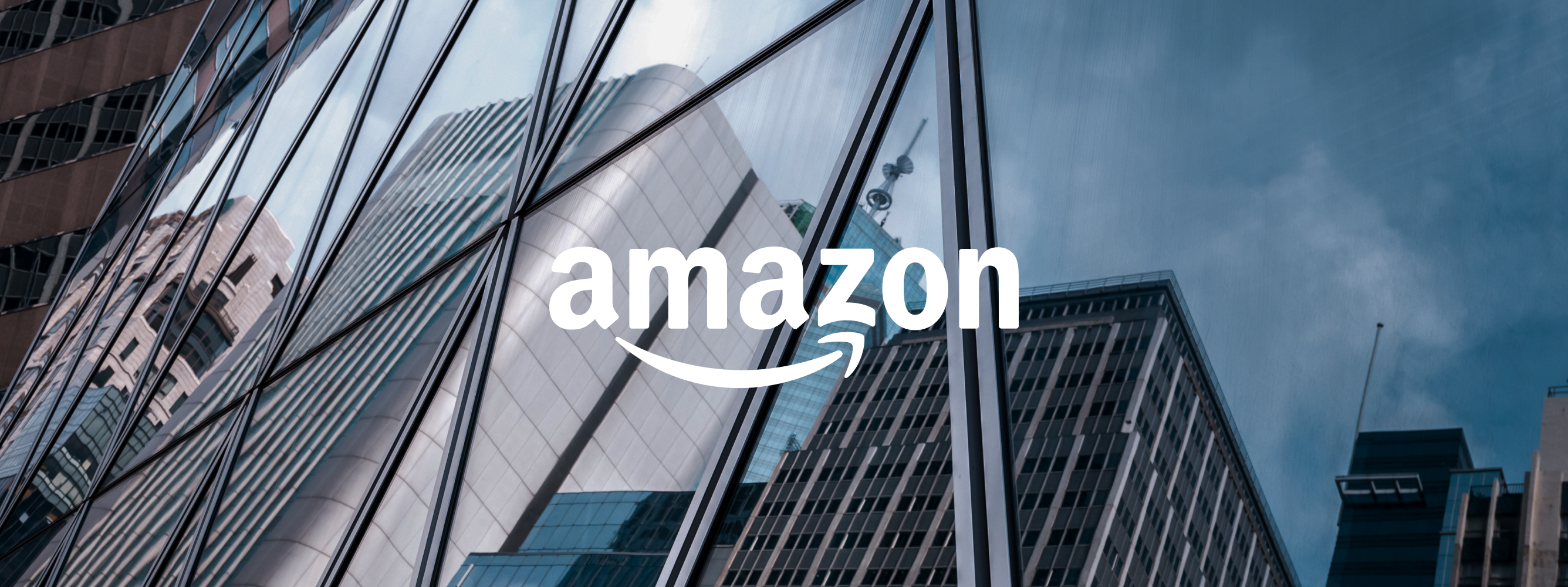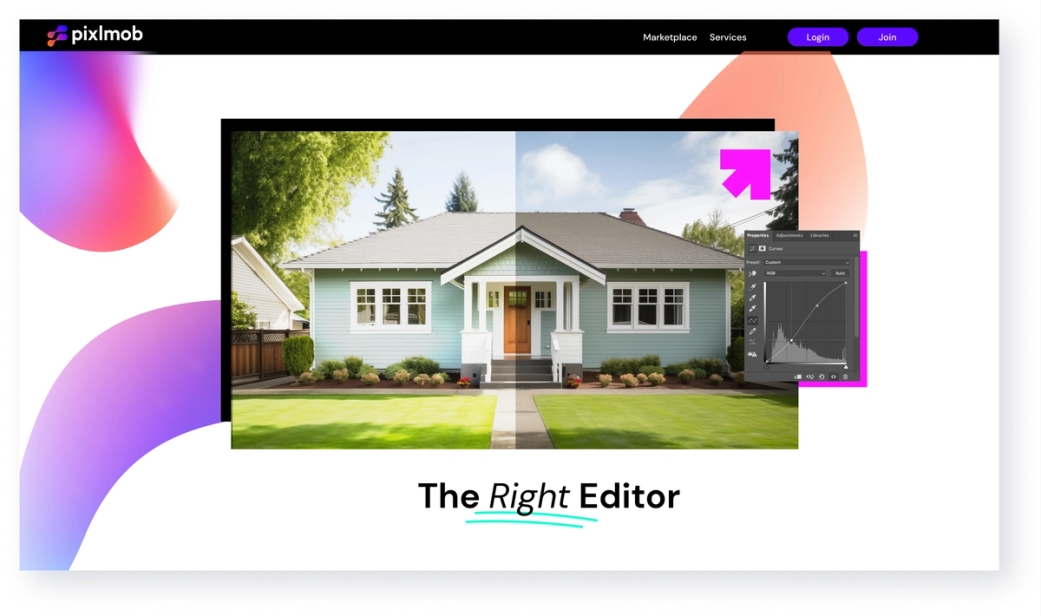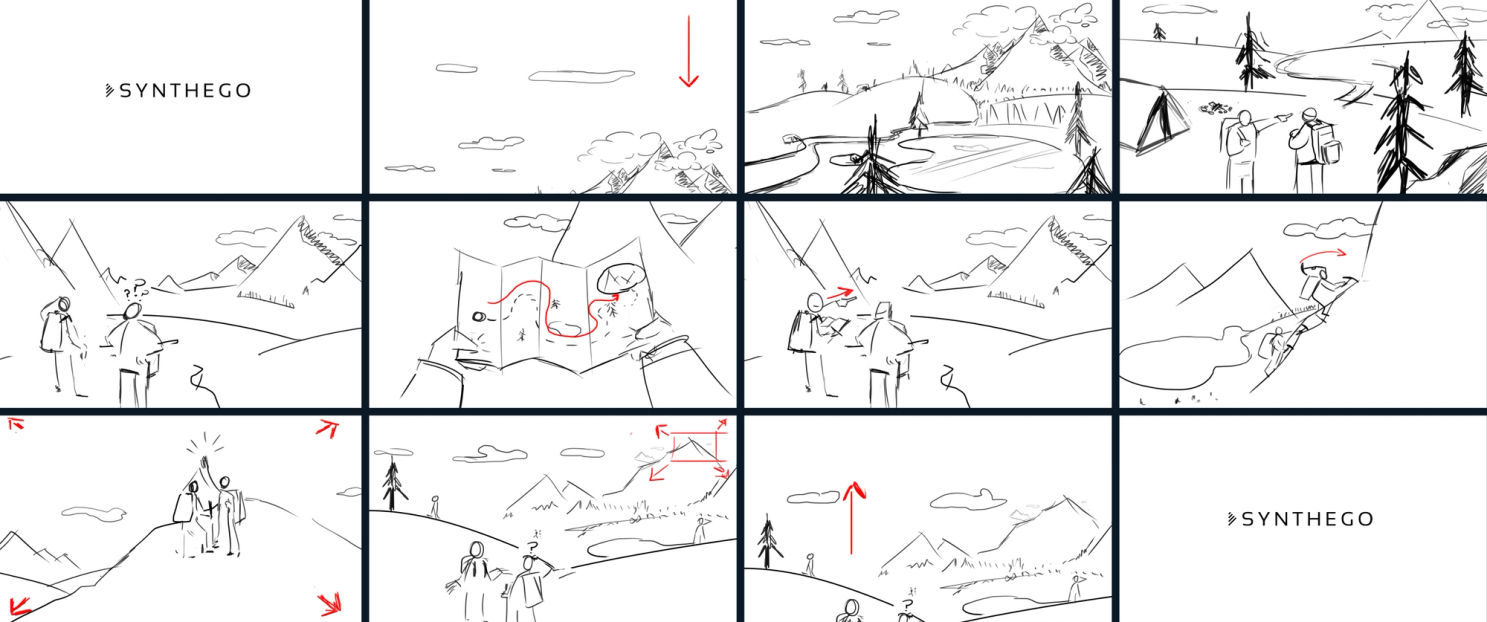
Why Your Digital Transformation Technology Stack Should Include AI
Published 17 May, 2024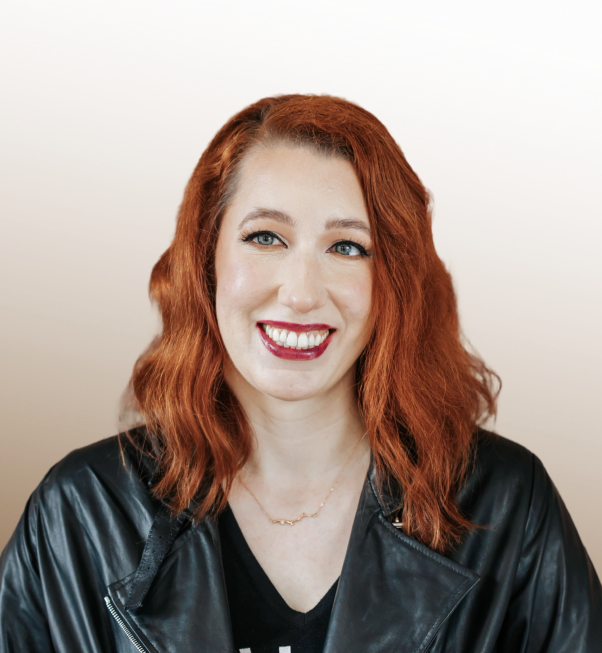
What does embarking on a “digital transformation” even mean? You’re not alone in wondering. Nearly a quarter of businesses (24%) don’t know where to start when it comes to updating their tech stacks with artificial intelligence (AI) and 39% say their transformations are “in progress.” Read on to uncover when, how and why to embark on a digital transformation for your company.
Marketing and creative tech stacks today look very different from even five or 10 years ago. Much like how the advent of computers and desktop publishing revolutionized graphic design, the arrival of AI tools like ChatGPT, Midjourney and many others are revolutionizing how creative work is done.
The impact is undeniable with 90% of companies saying they’re investing more in AI in 2024. A recent Deloitte study also found 94% of business leaders say AI is “critical to their success.” Simply put, we’re living through a new Industrial Revolution in terms of how we get creative work done.
New tools leveraging generative AI have unlocked greater speed and capabilities. Creative services partners help brands transform how they scale creative. And we have access to more data and analytics than ever to inform strategies and drive results.
But, as you navigate this change, where do you start? Should your digital transformation technology stack include AI? Should you work with a CaaS partner like Superside? Are your analytics doing you any favors? This article helps you identify where you fall on the digital transformation spectrum and, in turn, what you can do about it.
Digital Transformation vs. Modernization
Digital transformation doesn’t mean you need to reinvent the wheel. Many companies aren’t scrapping all their processes and tools entirely. They’re simply modernizing existing processes to be more efficient and make the best use of new tools.
Similar to how companies moved data into the cloud in the early 2000s. Today, modernizing processes means adding AI tools to maximize efficiency.
Are brands adding AI to the marketing tech stacks and creative workflows?
At a recent Superside webinar, 31% of attendees said they’ve already integrated AI into their workflows, 6% said they have but haven't seen results yet, 24% said they don't know where to start and are seeing results, 39% said they’re working on it.
🎬 Watch the webinar on enhancing creative workflows with AI, featuring Anne Alo, Executive Creative Director at SiriusXM, and Adam Colyer, Chief Creative Director & Co-Founder of AI Create & Giant Cookie.
Three Questions to Ask About Adding AI to Your Digital Transformation Technology Stack
Real digital transformation doesn’t simply mean using AI and not changing anything else. It means you need to start at the beginning and ask yourself:
1. Are our current processes limiting us?
For example, with new media formats and trends appearing all the time, does it make sense to keep piling more on our in-house team? Would using an agency for some or all of these production tasks free up our team to focus on more strategic initiatives?
Think about everything you do, even the small things. How is work currently assigned? Is there a project management software out there that would make this more streamlined for your team?
2. Why do we do (X) the way we do it?
Sometimes outdated processes stick with companies simply because it’s the way it has always been done. No one stops to think about smaller processes that don’t seem important but could be costing you a lot of time and money.
Older processes may not be outdated. You may find the way you’ve always assigned tasks still works fine for your organization. But with remote or hybrid work arrangements now the norm for 60% of companies, it’s likely you could find ways to improve this workflow.
3. Are we seeing the results we want from marketing campaigns?
If you’re consistently reaching goals with campaigns, it could mean you don’t need to transform or modernize anything. But if your campaigns are falling flat, it could point to a larger issue: Outdated tech that's preventing you from pinpointing what your customers really want. Or, your processes aren't automated enough to let you quickly and accurately analyze the data you have—resulting in strategies that fail to deliver.
Depending on your answers to these questions, you can determine if you truly need a digital transformation—the long, intense process of redoing all your business processes—or if you only need to modernize a few key processes.
The Benefits of Modernizing Your Marketing and Creative Tech Stacks
Experts peg the ROI of companies utilizing AI to translate as a 6-10% boost in revenue. Besides the obvious time and money savings that being more efficient brings, transforming or modernizing your tech stack has many other far-reaching benefits for your organization.
1. Enhanced efficiency and creativity
Yes, AI tools and other modern process improvements can help get work done faster. But that’s not really the point. Doing work faster shouldn’t be your goal for using AI. Freeing up time to work on creative solutions and expanding on the “why” behind a project should be your goal.
Integrating AI tools into your processes lets your employees automate routine tasks, giving them more time to come up with amazing ideas, conduct research and move the needle on creative projects. In fact, 88% of creatives we surveyed agreed using AI enhances productivity without sacrificing creativity. (11% were uncertain and only 1% disagreed.)
💡Discover the best AI design tools & the best AI marketing tools.
2. Better integration with other business processes
How do your various systems connect right now? With so many data sources coming in — website contact forms, emails, CRMs, analytics, databases, project management apps and more — it’s hard to get all that data to one central place where you can see it and make sense of it.
If one or more of your employees have to manually enter data or make sense of unconnected systems, you need a digital transformation.
3. A more complete understanding of your audience
- Connecting data = good.
- More efficient processes = great.
But what’s the point? By transforming your workflows, you can make all that data work for you. Pull up analytics reports that instantly capture everything from basic website analytics to which ad creative is performing best. In fact, Superside’s SuperAds does just that, giving you new insight into which creative is performing best in real-time. And, most importantly, automate all of this so your employees are (you guessed it) focused on creative solutions, not assembling reports.
The Role of AI in Your Digital Transformation Technology Stack
How should AI fit into your digital transformation plan? Like most things in business (and life), there’s no one correct answer to that question. What works for one type of business is completely wrong for another.
As mentioned above, one role AI tools can play in your tech stack is improving creative processes. Whether you’re an agency, consumer product manufacturer, retailer or any other kind of business, if you have ideation and creation processes, then AI can help you.
AI can fit into your tech stack in three main ways:
1. Ideation
Text-based, natural language processing tools like ChatGPT, Jasper and Google Bard can help you outline blog articles, draft video scripts, iterate headline variations, generate topic ideas and provide research help—saving time and freeing creative team for more thought-intensive activities.
Likewise, AI design tools like Midjourney, DALL-E and Adobe Firefly help you explore ideas more risk-free. More than a matter of speed, when you use fewer resources to create the concepts, you're more willing to take risks and stretch your creative muscles.
2. Production
While we’d never recommend using AI-generated content as-is without a human editing it or at least fact-checking the results, these tools can substantially speed up your content creation workflows. With AI-enhanced workflows, you can go from outline to first draft, or idea to illustration concept, faster than you can say, “imagine.”
Additional examples of production tasks you can automate with AI include creative concepting and exploration, building photography and illustration libraries, filling in animation frames and more.
3. Outsourcing
Even before AI became the buzzword you just can't avoid, exploring and keeping up with new creative skills and services is nearly impossible. There's no way to hire for every skill, not to mention everyone's learning all at the same time—so there's no massive pool of expertise that everyone can just dive into.
You still need a wide range of traditional and digital creative services, but you also need a partner that can bring you all the advantages of AI-Enhanced Creative, such as immediate efficiency and scale, as well as the ability to unlock future possibilities.
👉Discover 7 steps to AI adoption on creative teams.
How Boomi, Pixlmob and Synthego Partnered With Superside for AI-Enhanced Creative
As Superside customers, Boomi, Plxelmob and Synthego were not only able to get the powerhouse creative faster, they used fewer resources while maintaining exceptionally high standards. That's checking a lot of boxes without breaking a sweat and keeping creativity sharp and on point.
Boomi 3x'd creative output
When you’re one person, there are only so many ideas you can come up with on your own. With ChatGPT, I can ask if there’s anything different. It’s like brainstorming with another person.

Boomi wanted Superside’s help creating a series of new lead-generation ads. They also wanted their ads to stand out in the crowded B2B tech space, going beyond simple stock photography to blur realism and creativity.
Superside used ChatGPT and Midjourney to brainstorm ad ideas and iterate faster, saving time and resources in the crucial early planning stages. Using AI for ideas is the same as a photographer looking for interesting light before taking a photo: It’s all about getting the spark of an idea first so that a human creative can expand upon it and elevate it.
Takahash's Midjourney prompts for a range of pathways. Because the illustration style was key, it was the first part of the prompt.
After using ChatGPT to gather imagery ideas, our team used Midjourney to develop the initial visual concepts which were further refined to match Boomi’s brand by our illustrators in Photoshop. Using AI meant we were able to present more options to Boomi than we would have otherwise been able to if we'd had to design everything from scratch.
The final lead generation campaign assets
Results: Boomi received 75 unique ad designs, which is 3X as many options vs. traditional design methods. They were also extremely happy with the results, rating Superside a perfect 5/5 CSAT score.
Pixlmob got 400+ rebranded images 2x faster
Creatives may worry that AI will replace them. It’s an understandable worry, but simply untrue. AI doesn’t replace designers and other creatives, it enhances their potential productivity and acts as the perfect assistant to take care of those less-than-desirable tasks, like creating 1,000 resized versions of an ad for different placements in minutes, not days.
Superside’s creatives used Midjourney, ChatGPT and Adobe Firefly to explore shapes and color concepts quickly, allowing the team to settle on a creative direction sooner and spend more time refining the brand by hand to ensure its absolute uniqueness.
Results: A complete rebrand from the ground up, delivered 2X faster with 100% brand consistency.
Synthego got an animated explainer video 60% faster
"It's fantastic—very nice job. I got goosebumps at the end with the last sentence! Thanks!"
Scientific research supplier Synthego creates products that allow researchers to study cutting-edge CRISPR DNA technology, contributing to major scientific breakthroughs in biology. As with many companies who work in complex fields, they knew a video was the best way to explain what they do to diverse audiences.
However, they only had five days to meet a deadline of creating a marketing video before World CRISPR Day. Not a problem, as Superside leveraged the power of AI to quickly produce digital assets, freeing up time for our human creatives to focus on assembling them into a compelling story.
These dynamic frames are composed from various AI-generated elements, including work generated by Adobe Photoshop’s generative fill, and were assembled into scenes in After Effects. The five-day turnaround time wouldn’t have been possible with traditional approaches, further showing how smart teams using AI in creative ways leads to innovative, compelling outcomes.
Results: A marketing video delivered in 39% less design time vs. traditional approaches, and representing a savings of over $5,000.
✨ See the results of our first 500+ AI-Enhanced Creative projects.
The Time to Transform With AI is Now
How’s your new Kodak digital camera working? Scratching your head a bit? That's because Kodak, the one-time global behemoth that actually invented the world’s first digital camera, failed to adopt digital technology as fast as its competitors, leading to bankruptcy in 2012.
That’s not meant to scare you, although the consequences of not incorporating AI into your organizational processes could be as dire. According to Deloitte, the AI market is expected to double every two years for the next decade.
Also according to research conducted by Deloitte on 4,600 companies over ten years, the most successful transformations incorporate strategy, technology and the capability to change.
For that reason, your digital transformation approach needs to start from the beginning by rethinking your processes and partnerships from the ground up.
Michelle is a SaaS expert who loves digging into the technical side of creativity. She’s worn many hats during her decade in agencies, from project manager to brand strategist, copywriter and social media strategist, and worked across a wide variety of clients (though tech is her jam!). She loves to put the sass into SaaS content… and now CaaS. Connect with her on LinkedIn and send her a pic of your dog (really, she’ll love it).
